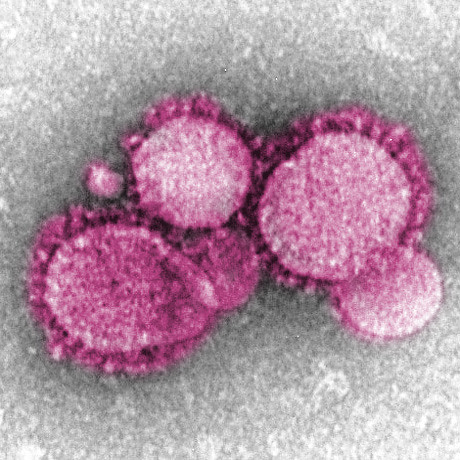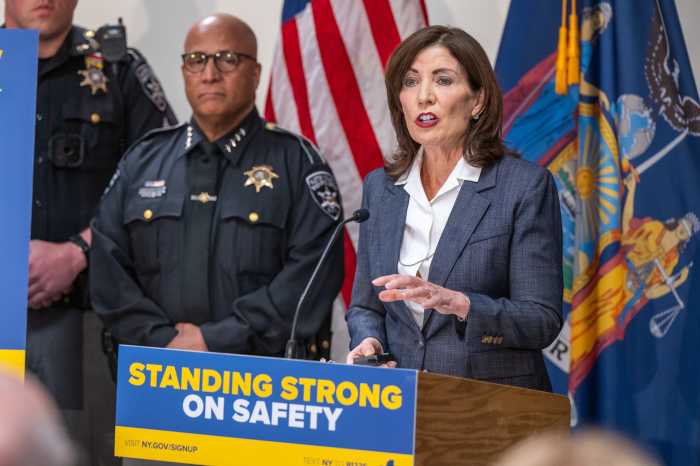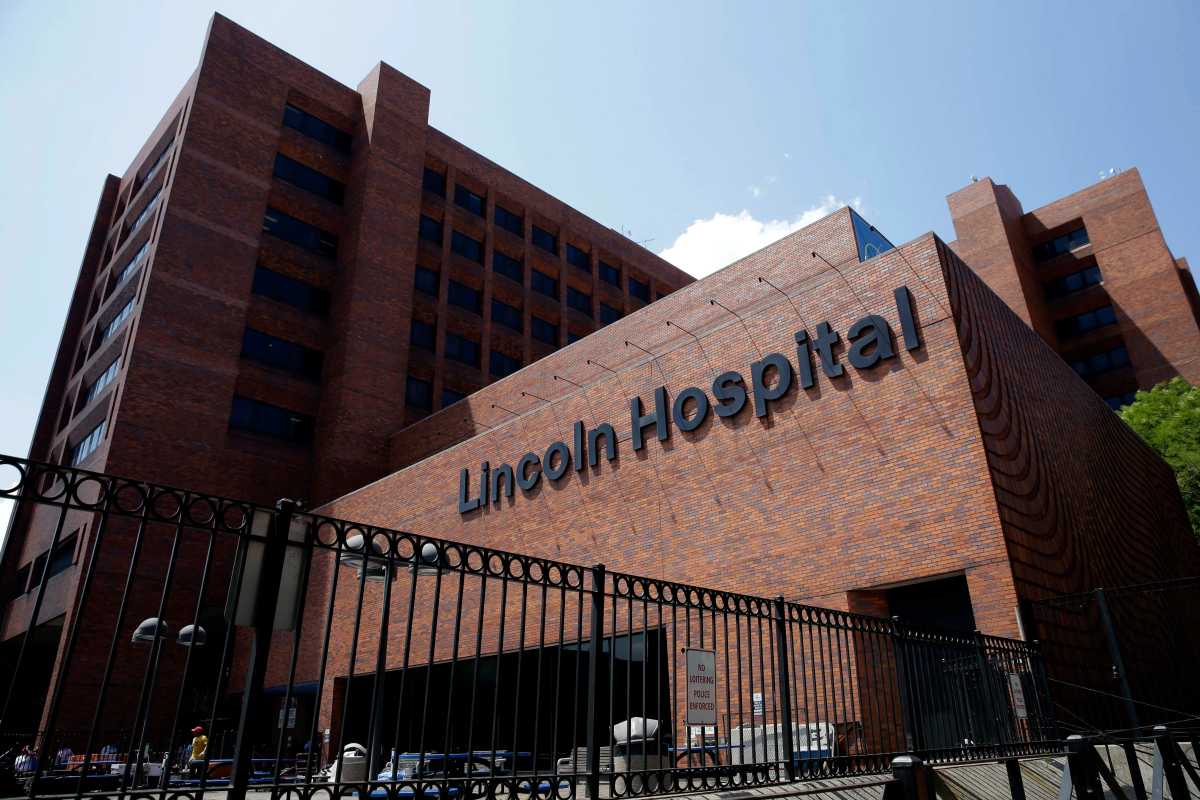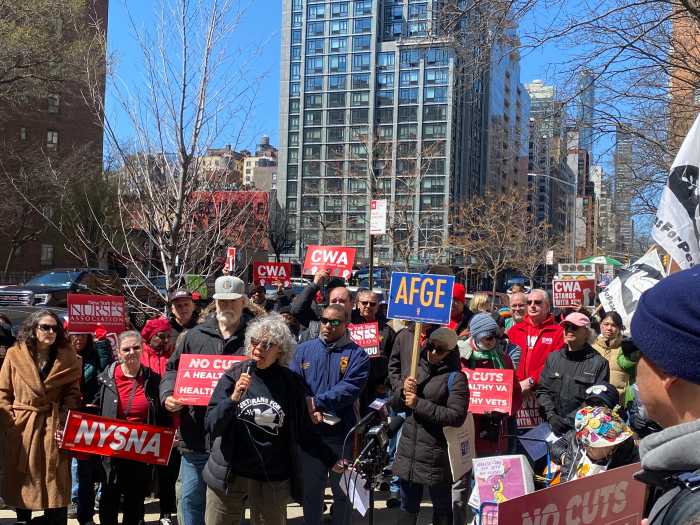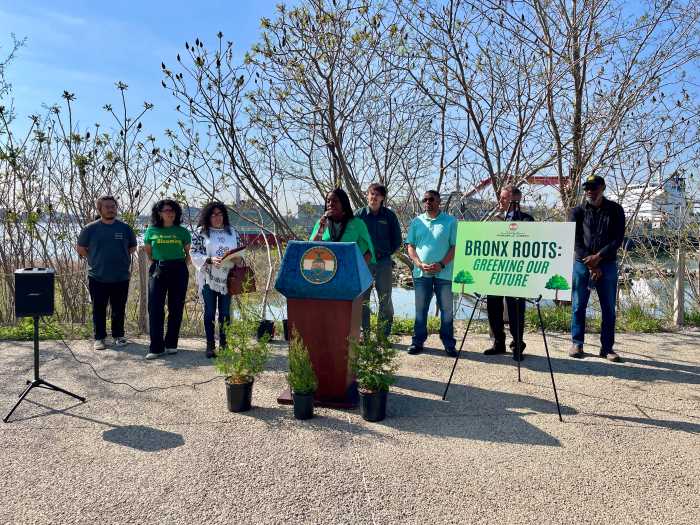New York City’s Health Department is breathing a sigh of relief — for now.
The Centers for Disease Control reported Tuesday that tests for the first suspected coronavirus patient in New York City, who is hospitalized at NYC Health + Hospitals/Bellevue, came back negative, Mayor Bill de Blasio announced.
Results of similar tests for two other suspected coronavirus patients remain pending. They are currently hospitalized at Flushing Hospital Medical Center and NewYork-Presbyterian Queens in Flushing.
In all three instances, medical professionals collected samples from the patients and sent them to the CDC in Atlanta for testing. The city Health Department anticipated results for each within 36 to 48 hours, but entering Tuesday, nothing had been reported.
De Blasio expressed some relief in the negative result.
“We’re relieved to hear that the person in question does not have the novel coronavirus,” the mayor said. “I can’t say this enough: if you have the symptoms and recent travel history, please see your health provider immediately.”
All three patients had recently traveled to China, where the coronavirus outbreak began.
During an appearance on NY1’s Inside City Hall on Monday, de Blasio vented over the “cumbersome” coronavirus testing process. As of then, the CDC is the only entity authorized to conduct coronavirus tests, although that responsibility is expected to be expanded to others in the days and weeks to come.
“I’ve made a formal request of the CDC to allow New York City to do its own testing literally at the City Health Department lab across the street from Bellevue,” de Blasio said on Feb. 3. “Today we got some, hopefully, promising news. The CDC is taking that request very seriously and we hope to have a formal answer soon. But the reality is once you have a confirmation of – or knowledge, I should say, that it is not one of the other identifiable similar diseases then you proceed to test for the coronavirus. That then can take up to two days for just the testing itself.”
Coronavirus symptoms resemble those for other common ailments such as influenza, including fever, cough and/or shortness of breath. Anyone who experiences these symptoms should seek immediate medical care, and notify their health care provider or emergency room ahead of time.
This story was updated on Feb. 4 at 6:45 p.m.



